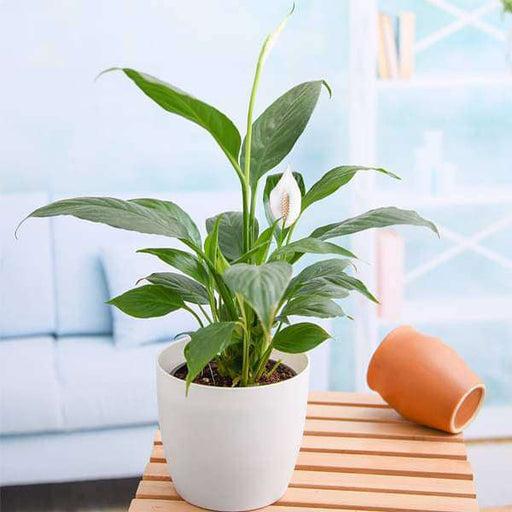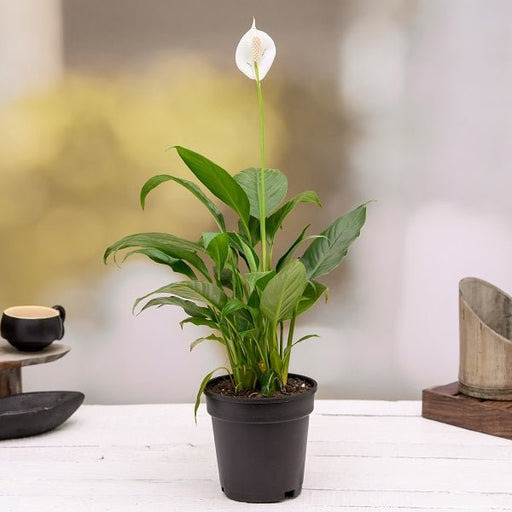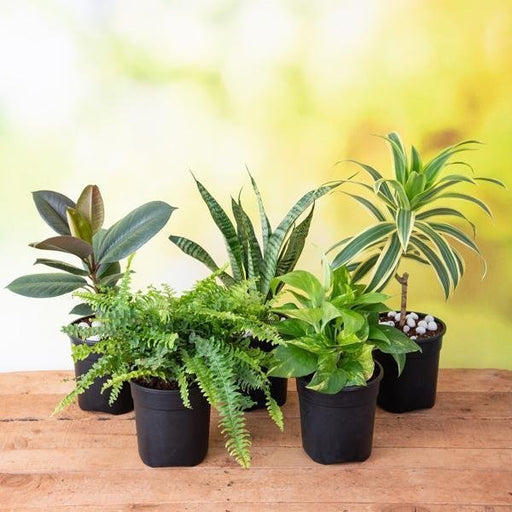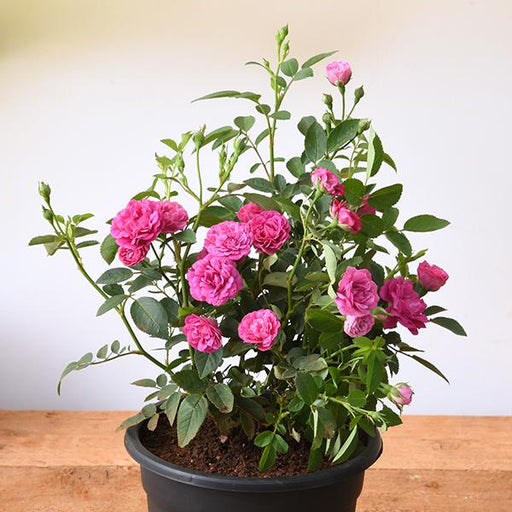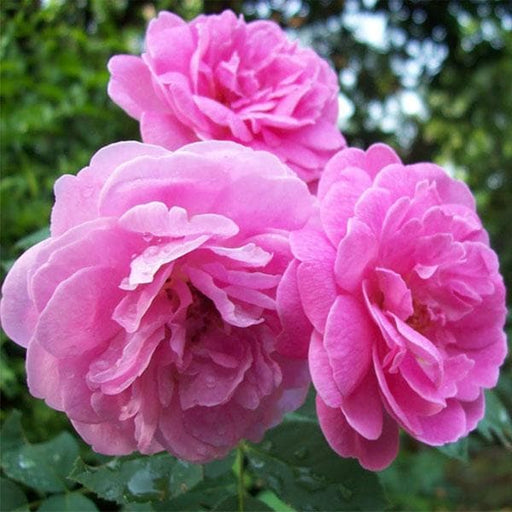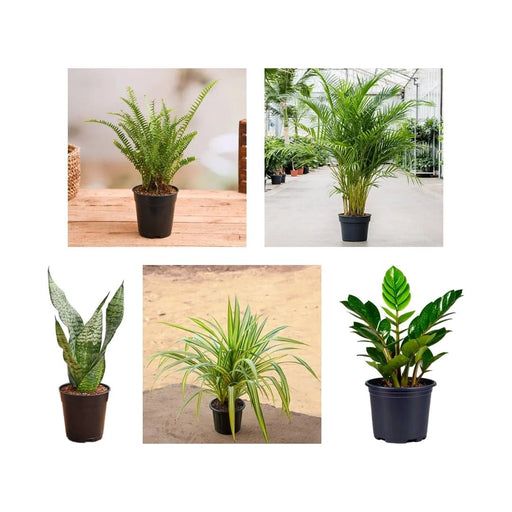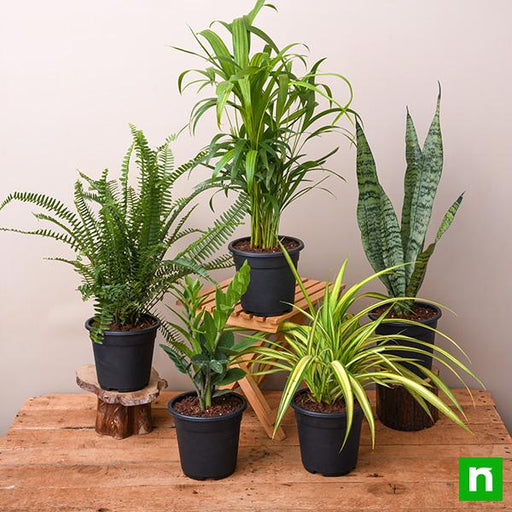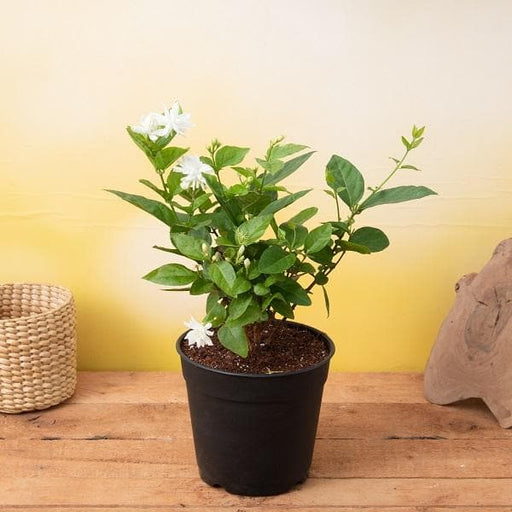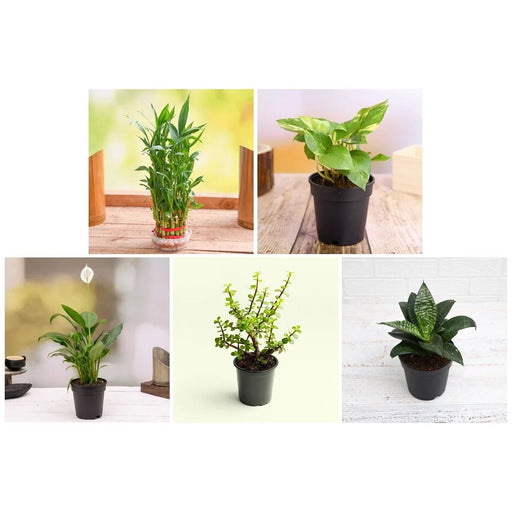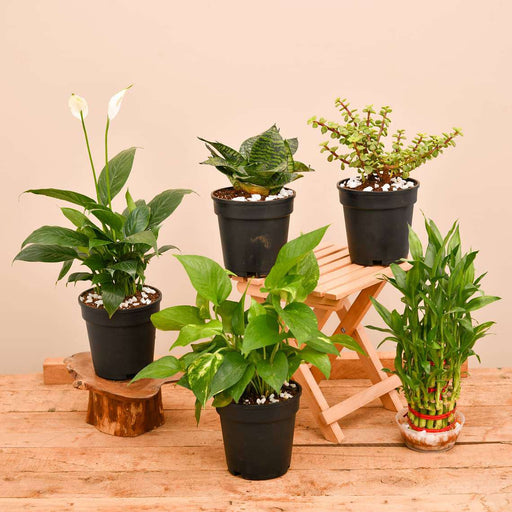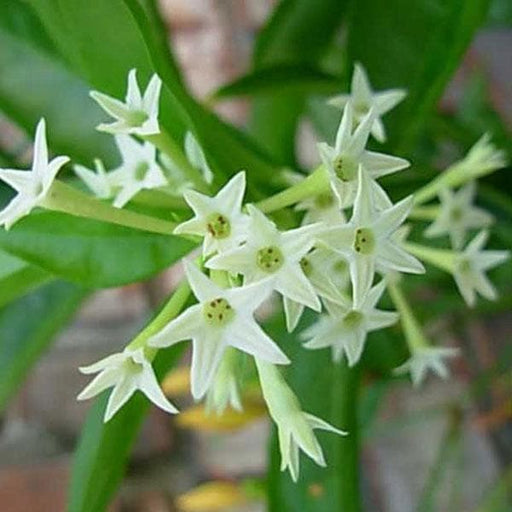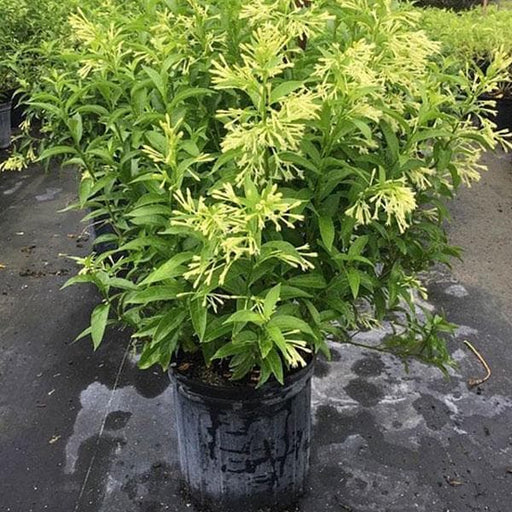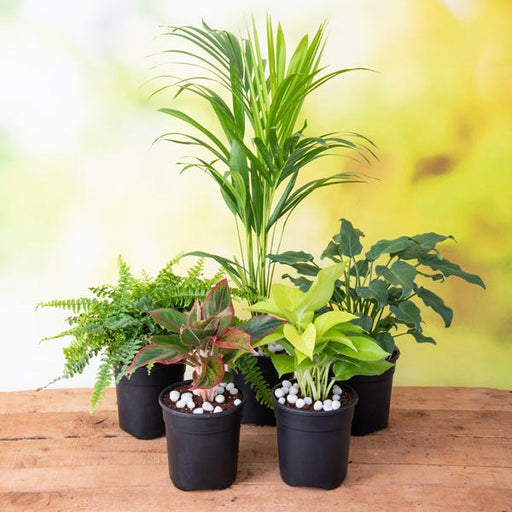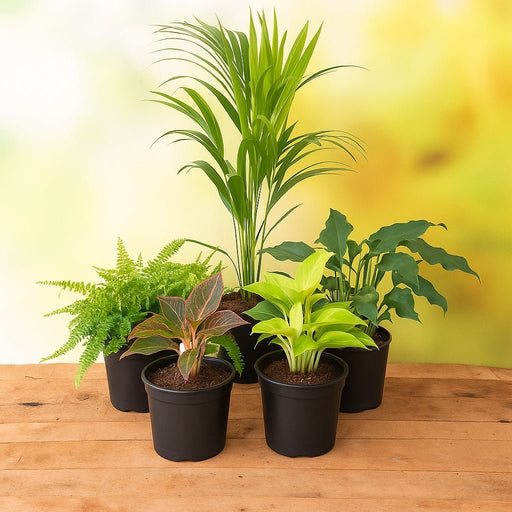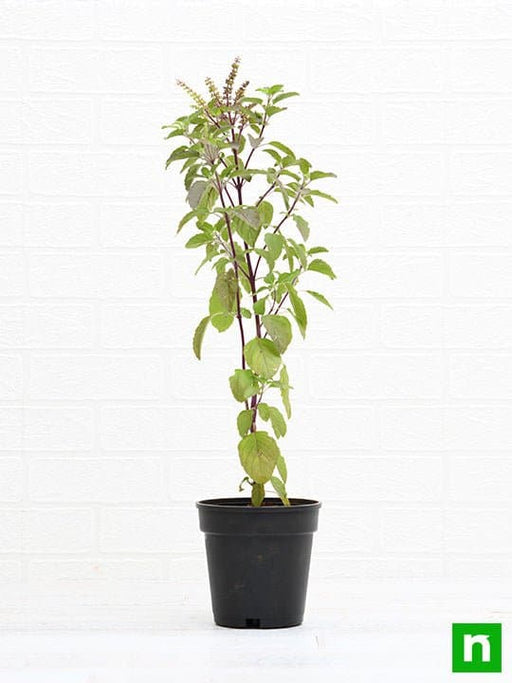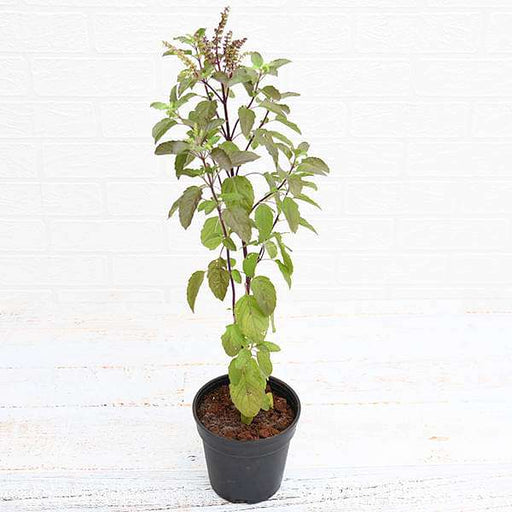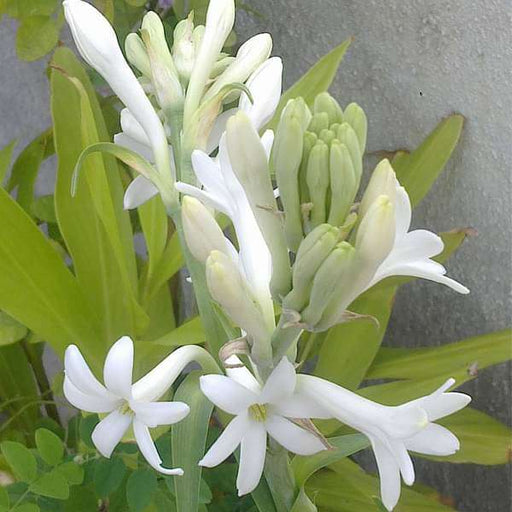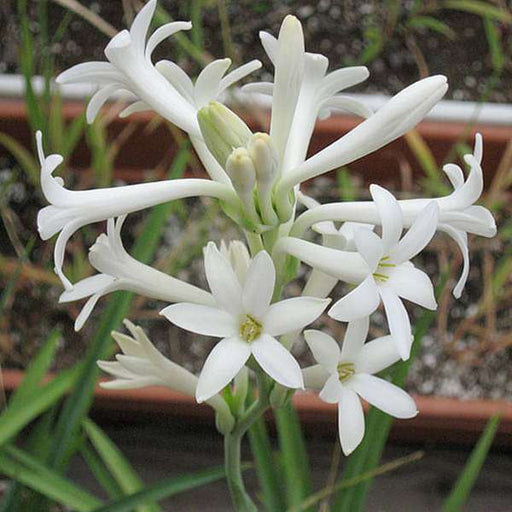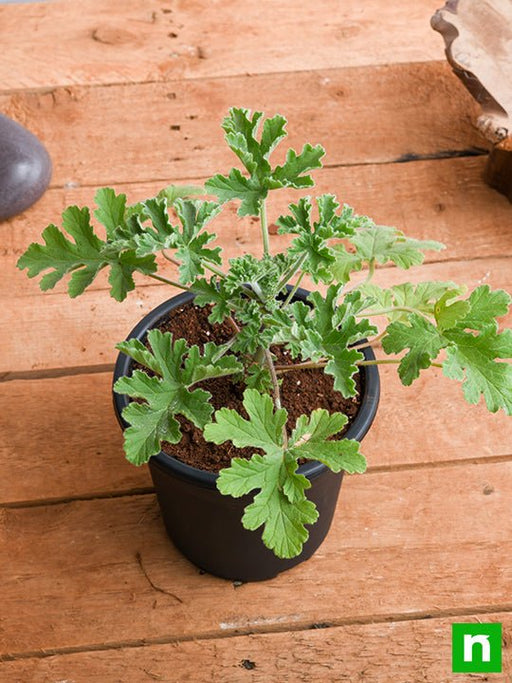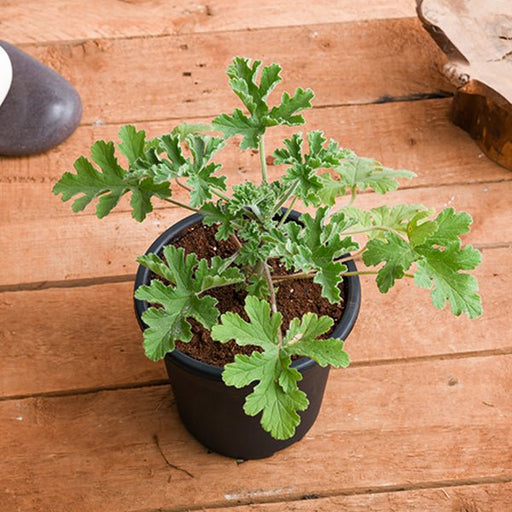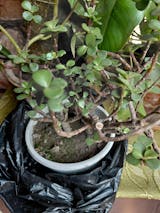Types of Perennial Plants
There are many different types of perennial plants, from flowering perennials like daisies and lilies to non-flowering perennials like ferns and hostas. Each type of perennial has its own unique characteristics and growing requirements, so it's important to choose the right ones for your garden.
Growing Perennial Plants
Growing perennial plants requires some patience and care, but the rewards are worth it. When planting perennials, it's important to choose the right location, soil, and watering schedule. With proper care, perennial plants can thrive for many years and provide beauty and enjoyment season after season.
Benefits of Perennial Plants
Perennial plants have many benefits, both for your garden and for the environment. They can help to prevent soil erosion, attract pollinators like bees and butterflies, and provide food and shelter for wildlife. In addition, they require less maintenance than annual plants, making them a more sustainable and cost-effective choice for your garden.
Perennial Flowers
Perennial flowers are a great way to add color and beauty to your garden year after year. Some popular perennial flowers include daisies, coneflowers, and black-eyed susans. With a little care and attention, these flowers can bloom for several weeks or even months at a time, providing a stunning display in your garden.
Perennial Herbs
Herbs are not just for cooking, but they can also be grown as perennials in your garden. Some popular perennial herbs include thyme, rosemary, and lavender. In addition to their culinary uses, these herbs can also provide fragrance and color to your garden.
Perennial Vegetables
Perennial vegetables are a great way to provide a sustainable source of food in your garden. Some popular perennial vegetables include asparagus, rhubarb, and artichokes. With proper care, these plants can produce a harvest year after year, providing a reliable source of fresh, healthy food for your family.
Perennial Groundcovers
Groundcovers are low-growing plants that can help to prevent soil erosion and provide a lush, green carpet in your garden. Some popular perennial groundcovers include creeping thyme, sedum, and ajuga. With their low-maintenance requirements and ability to spread quickly, these plants are a great choice for busy gardeners.
Perennial Shrubs
Shrubs are an important part of any garden, providing structure and texture year-round. Some popular perennial shrubs include hydrangeas, roses, and butterfly bushes. With their long lifespan and ability to bloom year after year, these shrubs are a great investment for any garden.
Perennial Trees
Trees are an essential part of any landscape, providing shade, beauty, and habitat for wildlife. Some popular perennial trees include maples, oaks, and birches. With proper care, these trees can thrive for many years and provide beauty and enjoyment for generations to come.
Perennial Foliage Plants
Foliage plants are an often-overlooked but important part of any garden, providing texture, color, and interest year-round. Some popular perennial foliage plants include hostas, ferns, and ornamental grasses. With their low-maintenance requirements and ability to thrive in a variety of conditions, these plants are a great choice for any garden.
Perennial Bulbs
Vines are a great way to add vertical interest and beauty to your garden. Some popular perennial vines include clematis, wisteria, and climbing roses. With their ability to climb walls, trellises, and fences, these plants are a great way to create a living screen or focal point in your garden.
Perennial Wildflowers
Wildflowers are a great way to add a natural, wild beauty to your garden. Some popular perennial wildflowers include coneflowers, black-eyed susans, and milkweed. With their ability to attract pollinators and support wildlife, these plants are a great choice for any eco-friendly garden.
Perennial Shade Plants
Shade plants are a great way to add beauty and interest to those shady areas of your garden. Some popular perennial shade plants include hostas, ferns, and astilbes. With their ability to thrive in low-light conditions, these plants are a great way to add color and texture to your garden where other plants might struggle.
Perennial Sun Plants
Sun-loving plants are a great way to add color and interest to your garden in those sunny spots. Some popular perennial sun plants include daylilies, peonies, and irises. With their ability to thrive in full sun, these plants are a great way to add a burst of color and beauty to your garden.
Perennial Rock Garden Plants
Rock gardens are a great way to add interest and texture to your garden in those rocky or hilly areas. Some popular perennial rock garden plants include sedum, creeping thyme, and dwarf conifers. With their ability to thrive in rocky or sandy soil, these plants are a great choice for those challenging garden areas.
Perennial Water Garden Plants
Water gardens are a great way to add a peaceful and serene element to your garden. Some popular perennial water garden plants include water lilies, cattails, and iris. With their ability to thrive in water or wet soil, these plants are a great way to create a beautiful and relaxing water feature in your garden.
Perennial Drought-Tolerant Plants
Drought-tolerant plants are a great way to save water and still have a beautiful garden. Some popular perennial drought-tolerant plants include yarrow, sedum, and lavender. With their ability to thrive in dry conditions, these plants are a great choice for those who live in areas with limited water resources.
Perennial Native Plants
Native plants are a great way to support local ecosystems and provide habitat for wildlife. Some popular perennial native plants include coneflowers, black-eyed susans, and milkweed. With their ability to thrive in local soil and weather conditions, these plants are a great choice for those who want to create a more eco-friendly garden.
Perennial Companion Plants
Companion planting is a great way to improve the health and productivity of your garden. Some popular perennial companion plants include marigolds, chives, and dill. With their ability to repel pests, attract beneficial insects, and improve soil health, these plants are a great choice for any garden.


